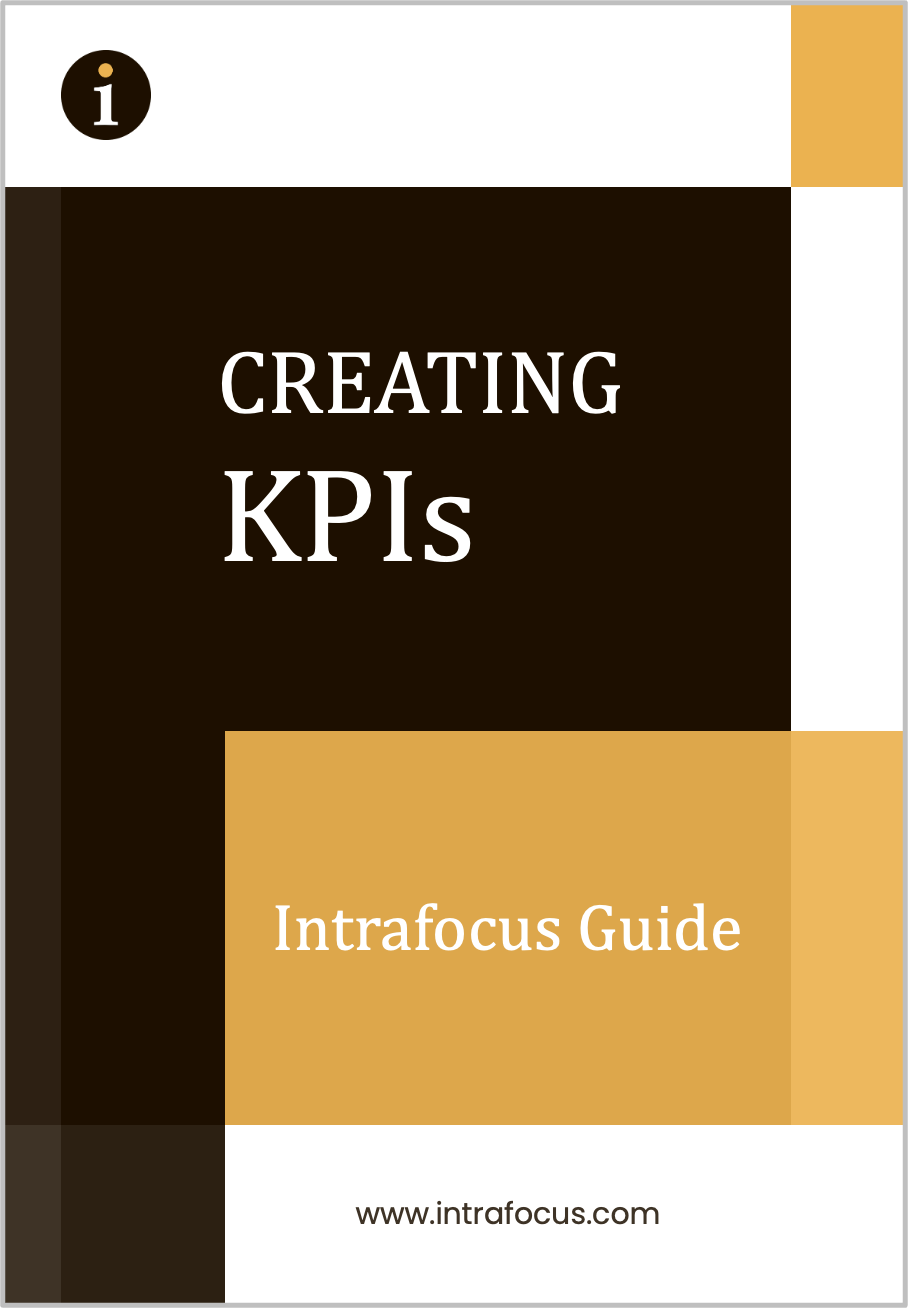Why do you need a strategic facilitator? Every business leadership team needs to periodically extract themselves from the everyday running of the operation and engage in some serious strategising. For most businesses, this will come in the shape of a strategic planning workshop; an opportunity for senior leaders, decision-makers and other key internal people to get off-site for a period of time and focus their minds on the big ticket issues that will shape their organisation’s overall direction in the longer-term.
Typical reasons to hold a strategy workshop
Strategic workshops will frequently focus on business plan topics and planning, but may also be in response to other opportunities or threats. For example, a financial services business might meet to brainstorm the likely impact of a forthcoming regulatory change. A healthcare business might meet to assess the impact of Brexit on their staffing, and a start-up might strategise a potential emerging new market which they could position themselves to serve. Strategic workshops will also be held to deliver induction to senior managers as part of their on-boarding experience.
The importance of the right facilitation
Yes, you’ve decided to hold the workshop. You’ve booked the accommodation, sent the meeting requests, and ensured that time is booked in diaries. But who will run the session? From strategic marketing through to regulatory change, the right facilitator will make or break your strategy workshop.
But can’t someone here do it?
Your attendees can’t facilitate it because they need to participate fully in the discussion, without worrying about agenda, note-taking, objective questioning and so forth.
An alternative nominated employee – even a suitably skilled one – is unlikely to be suitable where the subject matter is confidential, where a non-biased and independent view is essential, or where ‘challenging’ questioning is required in order to stimulate creative thinking and strong outputs.
7 good reasons to hire a strategic facilitator
You need to invest in the best outcome, a strategic facilitator for these reasons:
1. Value
Take your senior leaders away from the business and the opportunity cost of that time absence is significant. This means that you need to justify the time with an excellent workshop outcome. A professional facilitator will help to unlock this value for you and fully realise the objectives of the workshop.
2. Preparation
An excellent strategy workshop requires careful and insightful planning. A workshop will usually take days of planning in order to capture and define objectives, plan format, organise materials and other inputs and handle the logistics of the event. An external facilitator will take care of this planning using best practices and pay attention to all of the necessary small details – from materials on the day to props and tech!
3. Agenda setting
A professional facilitator will be expert in constructing an agenda that delivers session flow; building on previous topics and retaining energy and focus around the defined objectives of the workshop (rather than deviating away into other topics!)
4. Strategic planning expertise
The right facilitator will have an in-depth knowledge of strategic theory and planning disciplines. This means that they can provide best-practice insights, case studies and thinking that will help to guide and frame attendee conversations.
5. Attendee management
Very few groups of senior staff will naturally exhibit ideally balanced group dynamics! One of the core skills of a professional strategic planning facilitator is to manage conflict, keep attendees on track and encourage participation from everyone in a balanced way – recognising that sometimes the quietest people in the room have extremely valuable, reflective insights. The right facilitator will prevent single views from dominating discussions and ensure that full participation occurs in a way that is inclusive, respectful and productive.
6. Impartiality
A professional and external facilitator can bring a high degree of impartiality, objectivity and independence when the conversation requires it. This is one of the main reasons that an internal facilitator – even a suitably skilled and experienced one – is not usually best placed to run the session; they are too bought-in to topics in debate and will naturally have views of their own which can lead to facilitator bias. The external professional will keep everyone on track and support resolution of differing viewpoints amongst attendees, where this is preventing progression and issues resolution.
7. Outcomes
An external professional workshop facilitator’s job doesn’t end when the workshop does. They will immediately begin writing up the outcomes from the event in an action-oriented document that clearly flags up next steps, decisions made and other key points. The summary discussion will ensure that context is retained and the next steps will make it clear who is responsible for taking agreements forward.
So when you decide to hold a strategic workshop, make sure you genuinely unlock its true value by investing in the right strategic facilitator to deliver it for you.


